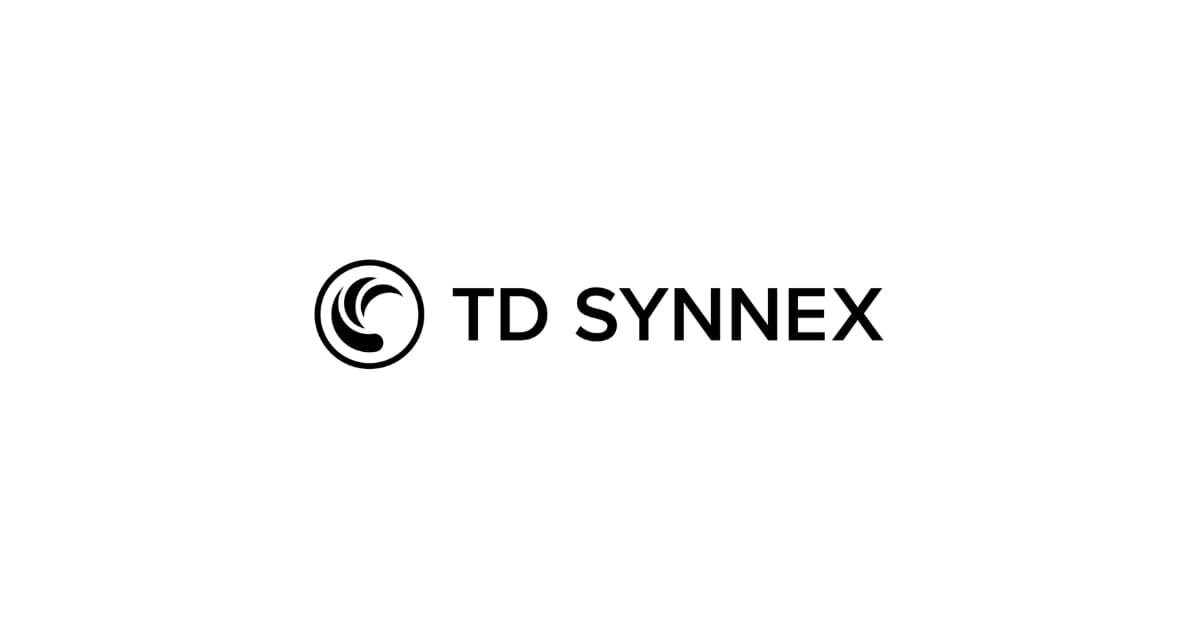What Happened:
TD Synnex launched an AI Champions certification program for internal employees to understand ethical AI use and day-to-day applications, announced at a recent West Coast conference. The distributor is using AI internally to analyze customer trends and help partners identify new accounts and solution opportunities.
The company has created a grid system that classifies both suppliers' AI offerings (from entry-level to expert) and partners' capabilities, then matches them to accelerate partner evolution. Partners are segmented by their ability to handle solutions ranging from basic chatbots to complex large-scale AI implementations.
TD Synnex's Receivable Services Agenda (RSA) program extends beyond traditional credit terms, allowing partners with $5 million credit lines to take down $15 million deals by having the distributor credit-qualify end users and assume bad debt risk at low cost
These insights were discussed during a conversation on the Partnerships Unraveled podcast by Channext.
Our Take:
Distribution keeps proving its resilience by shifting toward higher-order value. In TD Synnex’s framing, distribution survives not because logistics are indispensable, but because complexity keeps rising, and someone has to sit in the middle translating vendor roadmaps into partner-ready motions at scale. AI has only magnified that gap.
Executive Phillip Privett’s description of mapping both suppliers and partners along an AI-readiness curve is one of the more pragmatic approaches we’ve heard from a major distributor. Vendors often push AI messaging without grounding it in partner capability, while partners struggle to know where to start. By pairing technology roadmaps with structured enablement paths, TD Synnex is attempting to convert AI hype into repeatable practice development, something vendors have largely failed to operationalize on their own.
The internal “AI Champions” program is also telling. Distributors typically prioritize external enablement, but TD Synnex is acknowledging that internal fluency is now a prerequisite. Training employees on ethical AI use, certifying them, and applying AI to credit evaluation and customer segmentation signals a shift toward distribution operating more like a data-driven services layer rather than a fulfillment engine.
Credit, meanwhile, remains the quiet powerhouse behind channel growth. TD Synnex’s RSA program shows how much of the channel’s motion still hinges on cash flow, not technology. Allowing partners to pursue deals beyond their credit limits (while offloading bad-debt risk) is the kind of foundational support that keeps the channel moving even in high-growth markets like AI infrastructure. Vendors benefit, partners scale, and distributors deepen their strategic relevance.
If anything, the interview underlines that distribution’s future isn’t about defending old value props but expanding into orchestration, guiding partners toward profitable opportunities, absorbing operational friction, and accelerating adoption of emerging technologies. As AI pushes the channel into another period of rapid change, distributors who can match scale with clarity may find themselves more essential than ever.
Listen to the full interview here.

